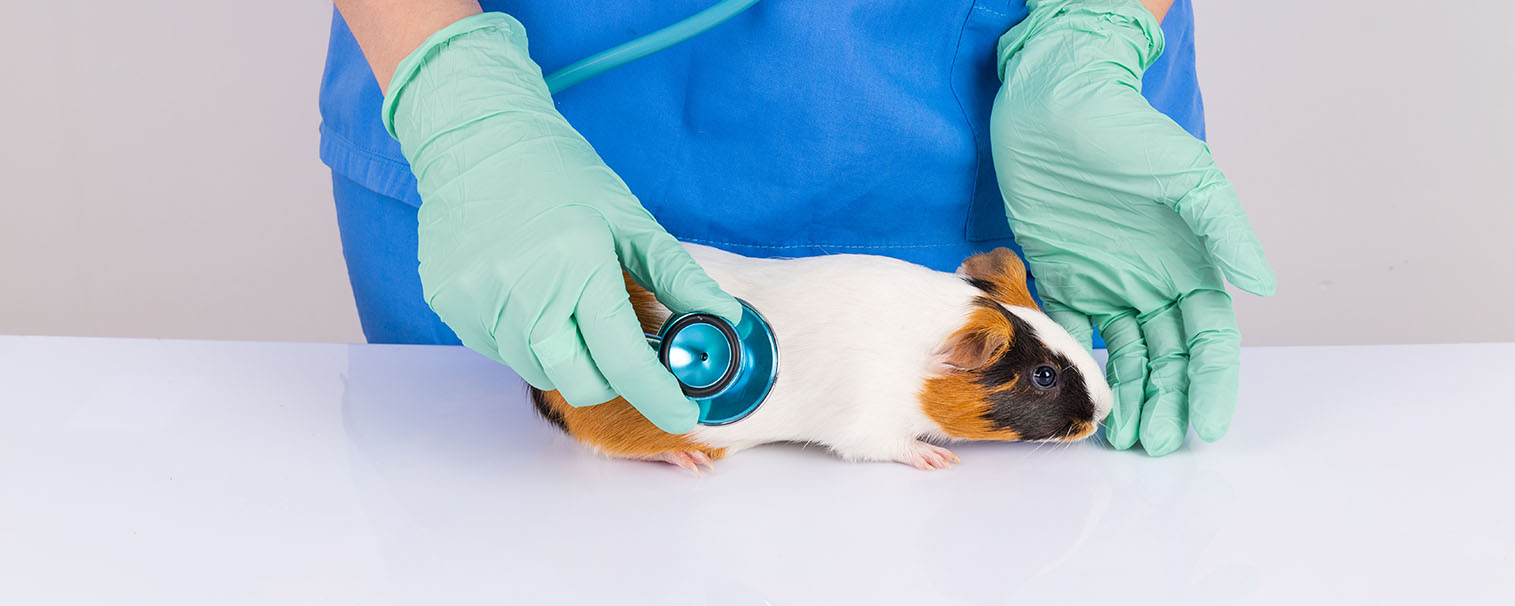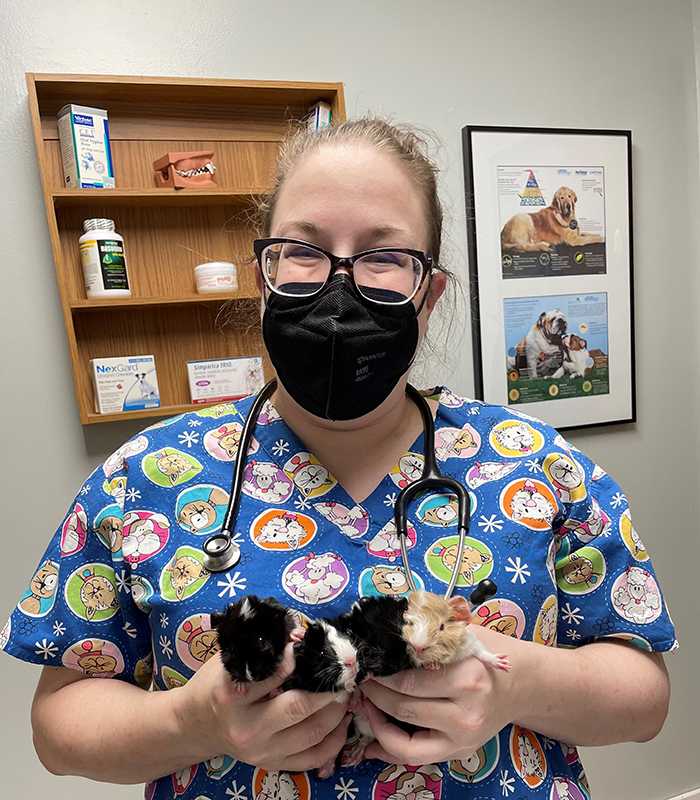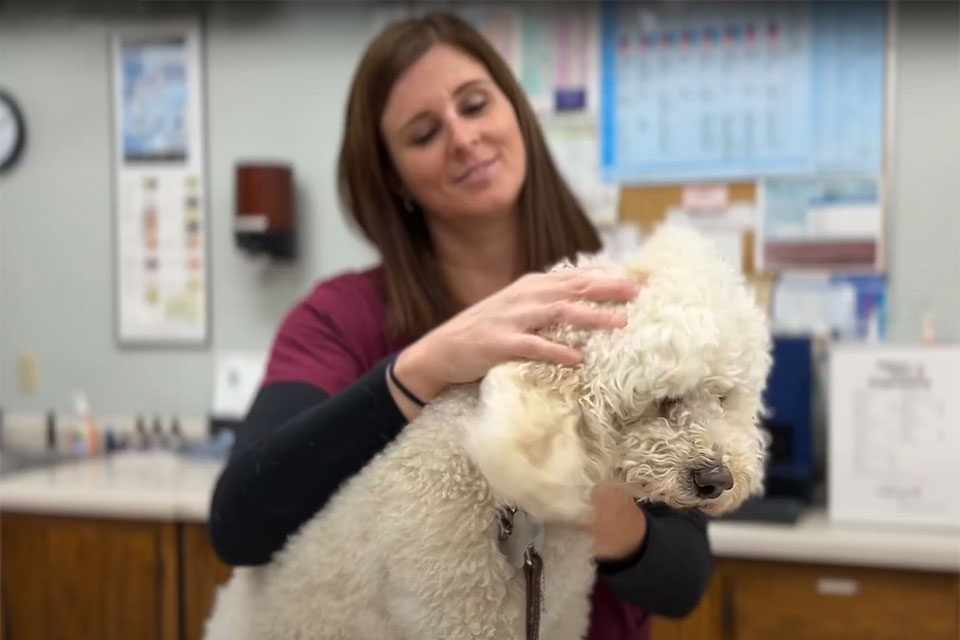
Mon-Fri: 7:30 a.m. - 6:30 p.m.
Sat: 8:30 a.m. - 12 p.m.

Pocket Pet and Exotic Animal Veterinarian
Animals such as ferrets, rabbits and rodents (i.e., chinchillas, mice, rats, guinea pigs, hamsters and gerbils) continue growing in popularity as pets. Because they have shorter life expectancies than dogs and cats, it is even more important that they receive veterinary health screenings at least once a year.
Additionally, all these pets (except ferrets) are considered “prey animals” in the wild, meaning they are hunted by predators. As a result, they instinctually act extremely wary and tend to hide signs of illness very well until they become extremely sick, as any signs of weakness make them easier targets in nature.
This makes it crucial that you understand their behavior and have them examined ASAP should you notice any changes, such as:
- Interest in food/water
- Energy/activity level
- Bathroom habits
- Interactions with you
You know your animal best—if you think something is wrong, you should schedule a vet exam immediately.
Specialty Vet Care for Exotic and Pocket Pets
Much like dogs and cats, these animals should have comprehensive physical examinations as they age to look for any signs of diseases. They may also need blood work to look at internal organ function; x-rays; testing and treatments for internal and external parasites; and surgery for things like spays, neuters, mass removals and dental work.
In addition, these more non-traditional pets have some specific care requirements:
- Ferrets require certain vaccinations
- Rabbits and rodents should have their teeth regularly examined
- Exotics need special environments, diets and preventative medicine
These small mammals are also prone to various unique diseases and illnesses that require a veterinarian who is comfortable examining, diagnosing and treating them. During your initial visit, your veterinarian can provide invaluable insight to help keep your pet healthy and happy.

Trust our experienced veterinarians for the comprehensive care your pet deserves.

Connect with Us
Learn about community events we're attending and other updates from Heritage Animal Hospital.
Latest News & Updates
How to Recognize and Treat a Cat Urinary Tract Infection
For National Cat Health Month, we dive into how to recognize and treat a cat urinary tract infection. This time of year, we see more cases of UTIs. [+]
12624 Bass Lake Road
Maple Grove, MN 55369

Mon-Fri: 7:30 a.m. - 6:30 p.m.
Sat: 8:30 a.m. - 12 p.m.


